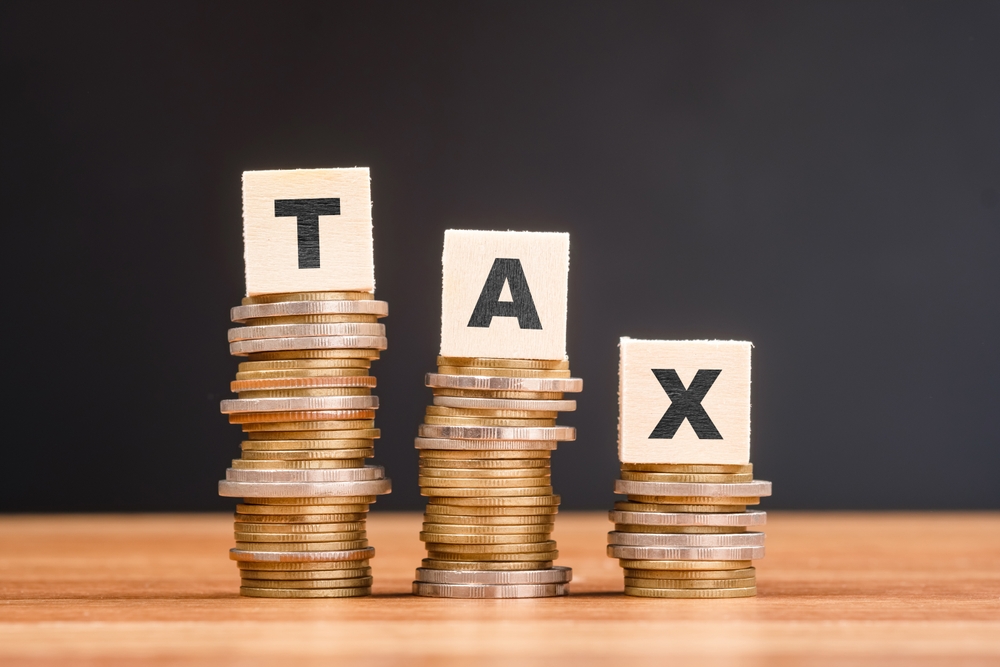Money Tips
Five easy ways to pay less tax in 2023

Inflation coupled with government policy tweaks have hit people hard in the pockets. As a number of taxes are on the rise, here are five ways to help lower the bill.
Double-digit inflation (currently 10.7%), consecutive base rate hikes and tax rises mean households have seen disposable income fall £800, while the typical middle-income earner will pay £700 more.
With a host of changes to tax allowances in 2023, from income, capital gains and dividend tax, it may seem like there’s no way out of sharing your hard-earned money with the tax man.
But Sarah Coles, senior personal finance analyst at Hargreaves Lansdown lists these five ways to help avoid paying more tax in 2023:
1) ISAs
The government offers the chance to squirrel away £20,000 this tax year – with returns free of tax. Amid rising interest rates, more people may fall foul of the Personal Savings Allowance, meaning you could be taxed on savings interest above £500 or £1,000, depending on your marginal rate of tax. ISAs aren’t included within this which is why they may be more attractive to savers now.
If you’re saving to buy a first property, are aged 18-39, and have at least a year until you expect to buy, consider a Lifetime ISA (LISA), because in addition to tax free growth, you get a 25% bonus on contributions. You can save or invest £4,000 this tax year.
Don’t forget Junior ISAs too. In the current tax year, you can save or invest £9,000 in a JISA for any qualifying child, and all interest, dividends or capital gains are tax free.
2) Pensions
Contributions to pensions attract tax relief at your highest marginal rate, and the first 25% taken from the pension is usually tax-free. There’s tax relief on pensions even for non-taxpayers – on the first £3,600 a year. It means you can contribute tax-efficiently to a pension on behalf of a child or non-earning spouse.
3) Salary sacrifice
In some cases, the government will let you give up a portion of your salary to spend on certain things free of tax (and in some cases National Insurance). This includes pensions, childcare vouchers, cycle-to-work schemes, and technology schemes. This won’t boost your take-home pay, but it will cut your tax bill.
4) Spouse exemptions
Assets that produce an income can be passed between spouses without triggering a tax bill. They can therefore be shared between a couple, so that both take advantage of their allowances. The balance can be held by the spouse paying the lower rate of tax, to reduce the tax payable.
5) Marriage allowance
If one spouse is a non-tax payer, and the other is a basic rate taxpayer, the marriage allowance lets the non-taxpayer give £1,260 of their personal allowance to their spouse in the current tax year, resulting in a £252 lower tax bill.
However, you can backdate your claim by four tax years, meaning qualifying couples could gain up to £1,242 back in total.